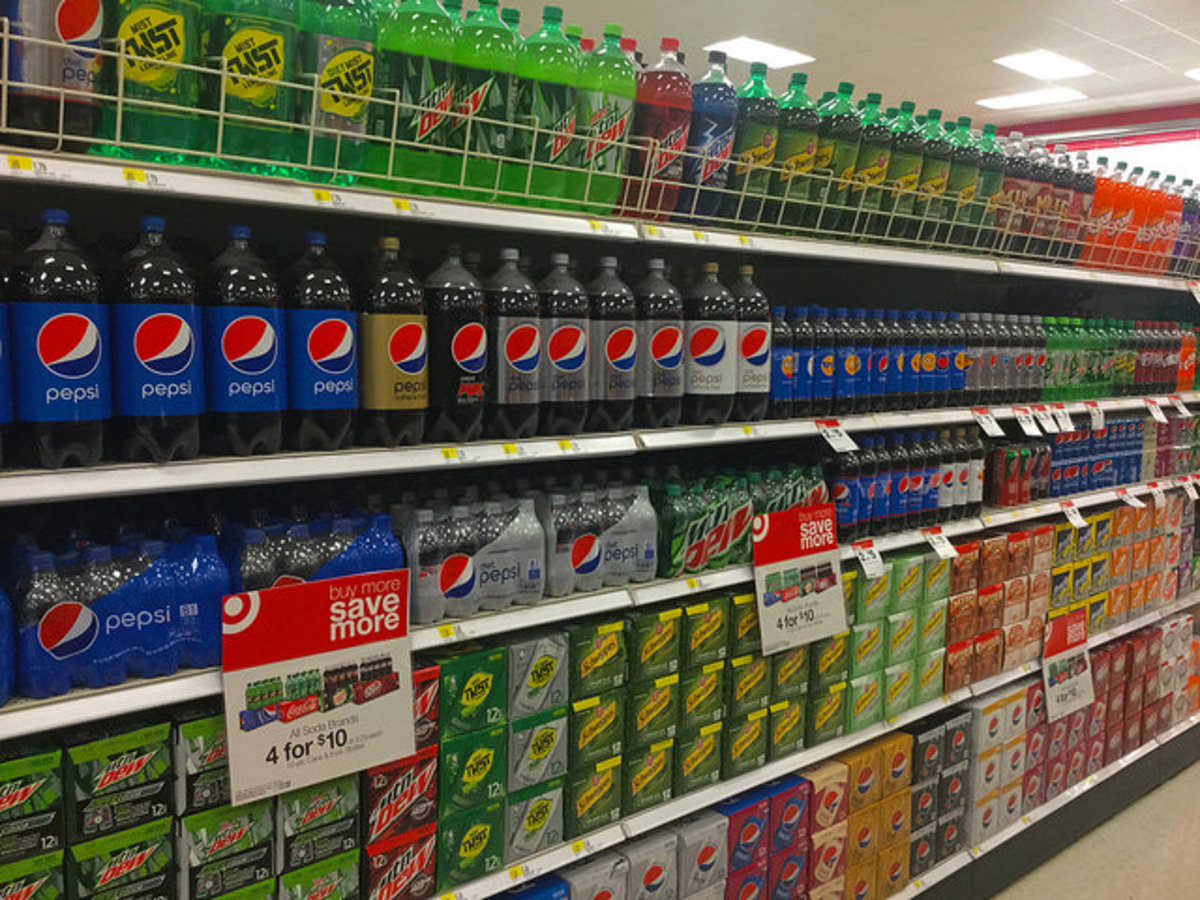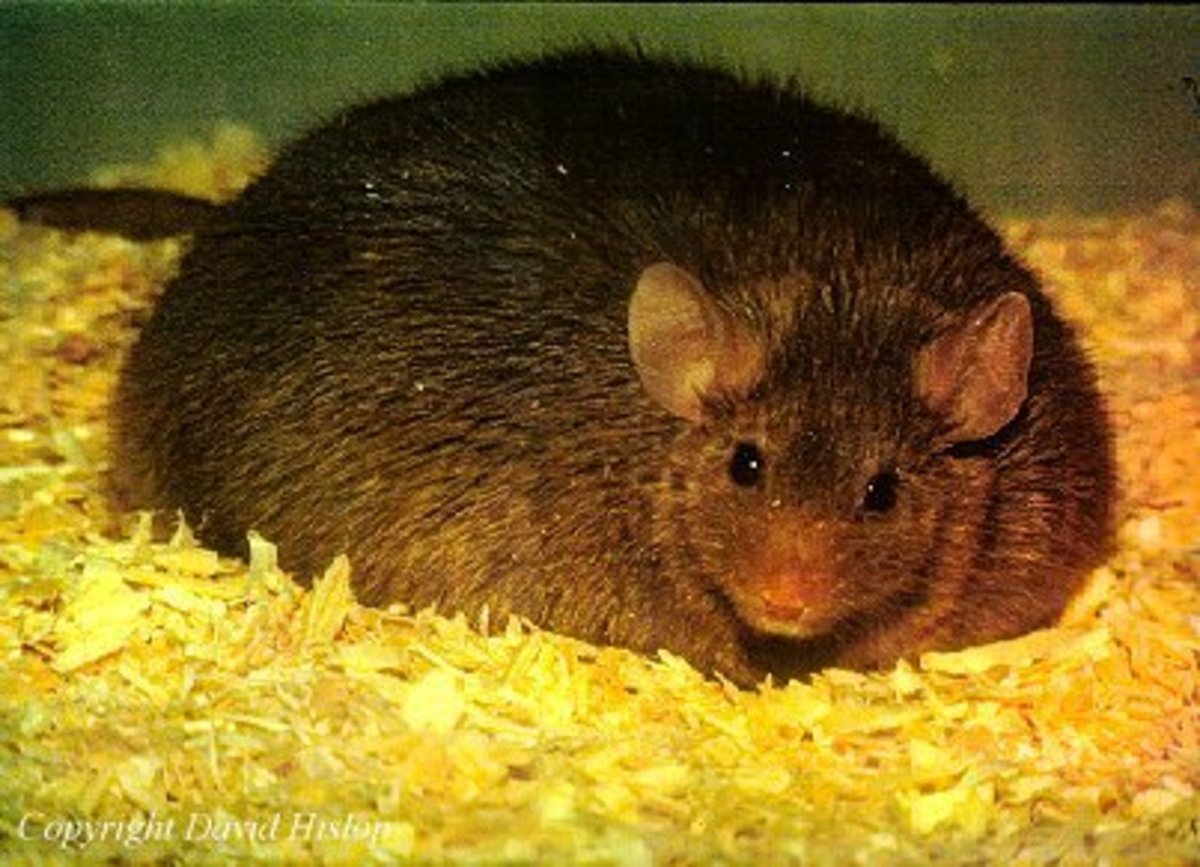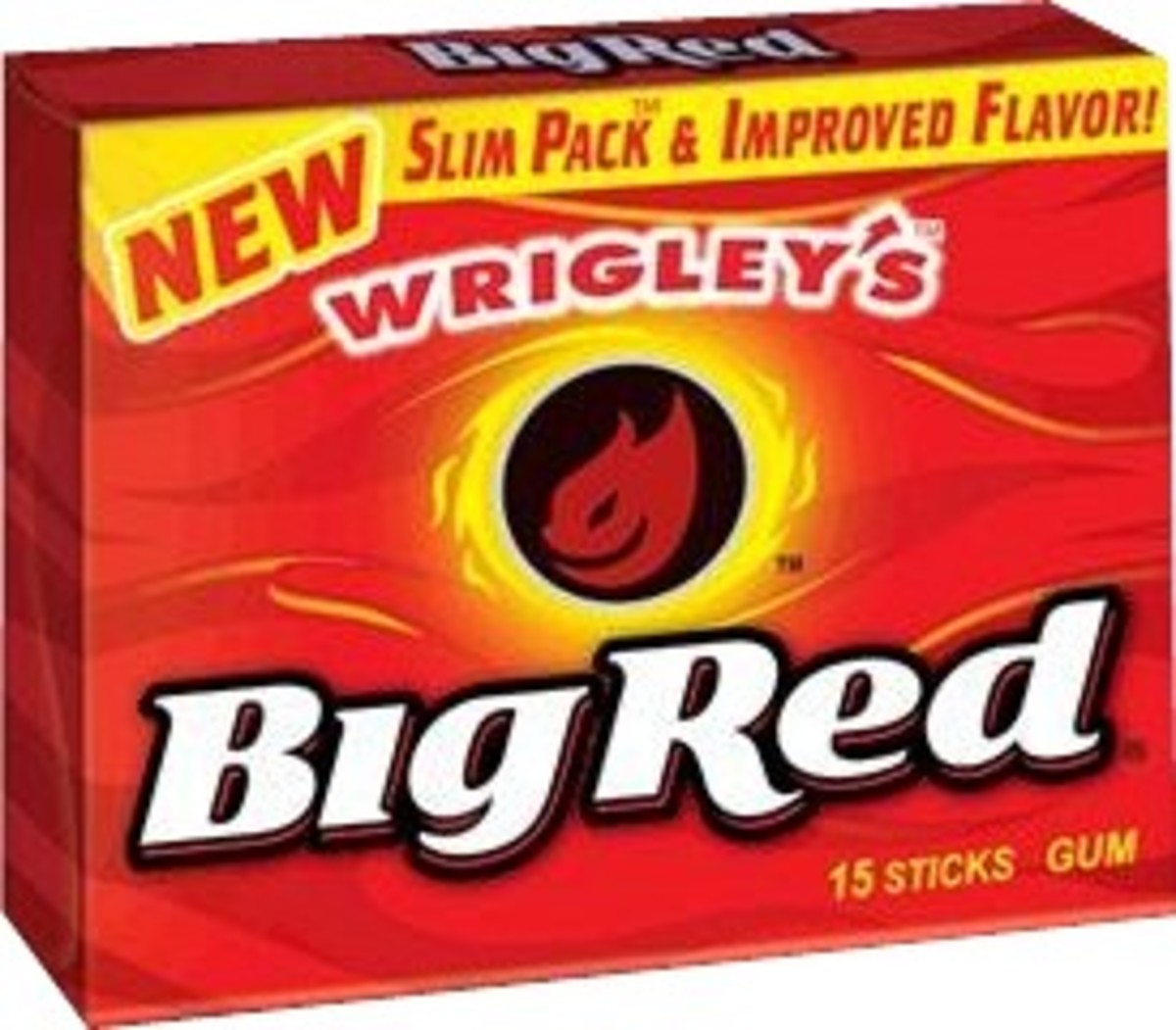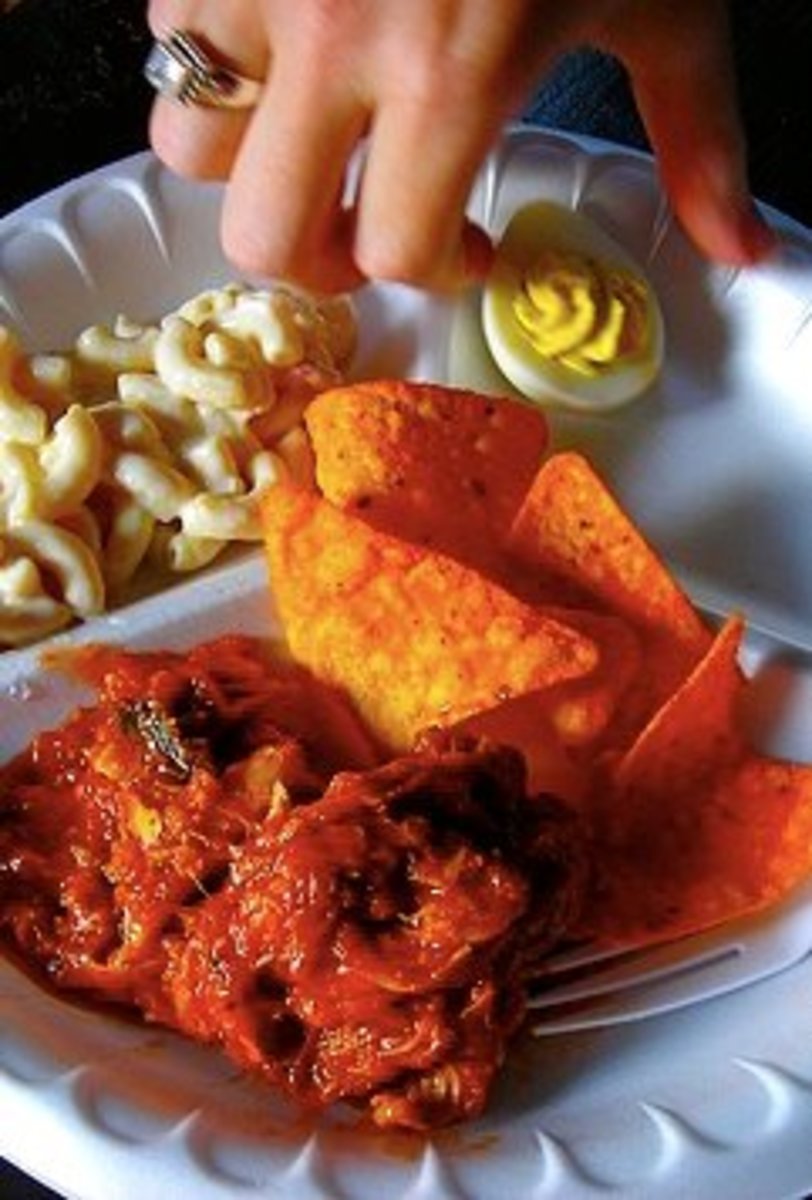The Battle of High Fructose Corn Syrup and Eating Healthy
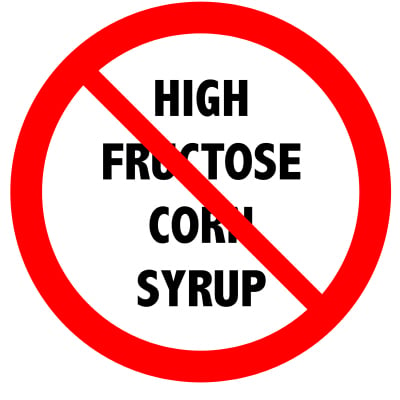
It has been one of my latest health goals to move to whole
grain/whole wheat products. I was happily selecting my choice of whole wheat
bread, when something on a bread package caught my eye. There was bread being
sold that stated “High Fructose Corn Syrup Free.” Of course this bread cost
even more; as it seems that anything that is deemed healthier seems to be. I
found myself in shock, then I began to reminisce about the homemade bread that
my Grandmother used to make and thinking that bread is already delicious, why
do these companies think they need to add this unhealthy ingredient to it?
I became pretty bummed at my attempt to be healthier, realizing that I may be
making one choice for healthier food, only to have it counteracted by a commercialist,
and even government based decision to add an unhealthy ingredient within the
product just because it’s a cheap filler.
High Fructose Corn Syrup is an ingredient that I try at great lengths to stay
away from. I have done some in depth research on this additive. Of course the
corn industry will support their products. Can you imagine if all companies
were honest about the good and the bad in their products? Though there is some
debate, and despite the corn industries attempt to convince us that HFCS is a “sweet
surprise,” the surprise may not be so sweet. Though derived from corn, which is
natural, information from doctors and nutritionists are linking to unhealthy claims.
Corn contains fatty acids that are difficult for our bodies to process and for our liver to filter. This results in a lowering of our metabolic rate, as well as turning these fatty acids and the fructose into fat cells. Though corn is high in fiber and is a good source of plant protein, it is also high in sugars or fructose & starch, and holds a low nutritional value. The fructose, especially highly refined fructose is believed to contribute to obesity, diabetes, high blood pressure and heart disease, Autism, ADHD, and other health issues.
Cheap feed for
livestock = cheep feed for people
Livestock,
such as cows, pigs and chickens are fed corn grains mainly because it is cheap
and it makes them gain weight quickly. Obese, corn fed livestock results in
producing meat products that contain higher levels of saturated fats for consumption. Consider a diet
that reduces consuming meat and meat based products or seek products that
come from free range, grass fed livestock.

There are many processed foods that we consume which
contain corn products that could be contributing to the obesity and health
issues in America today. Many of the processed foods, such as prepared meals,
boxed meal helpers, instant soups, bread and pastries, chips, and cereals sodas,
juices and many other flavored drinks, jellies, jams, canned fruits, many
candies and gum tend to contain corn syrups and other corn based products that were not a part of American's regular consumption before 1970.
I recently decided to review the ingredients in McDonald’s menu and found that only
about three of their menu items don’t contain high fructose corn syrup and/or
other corn based products. HFCS can be found in the buns, the burgers, the
chicken, ketchup and other sauces and of course the soda. I’m sure I would find
many similar traits in other menus of the fast food industry, not to mention similar
processed food products that we purchase straight off of the shelves from the
store.
It truly is important to know about the foods you’re
eating and how the ingredients within them can affect your health. Read the
ingredients labels on your food packages and be on the look out for those corn
based culprits. Remember that the higher up on the ingredients list it is, the higher the amount of that ingredient is in the product. But beware of tricks such
as providing other names for corn sugar ingredients such as maltodextrin, glucose and dextrose that are
spread out through the ingredients list. On average, I can usually count 3-5
corn/fructose based items in a packaged product.
Read your labels and be educated about what you’re consuming. Replace processed foods, such as ready made or boxed quick fix meals & snacks with more fresh ingredients, vegetables, fruits, and grains; of course, organic and whole grain foods are even better. Work on eliminating your intake of sodas, bottled juices & other flavored drinks (even use caution when getting bottled tea; I have seen many bottled teas with HFCS in them) and candies that contain high levels of high-fructose corn syrup from your diet.
High Fructose Corn Syrup has become bad due to the mass amounts that the average person consumes due to it being a cheap filler and sweetener added to nearly every processed and ready made food product. By understanding what products contain HFCS and being more cautious to not consume it, we are taking responsibility for our health and reducing the risks that result from high intakes of High Fructose Corn Syrup.
Very informational data from a nutritionist about HIGH-fructose corn syrup vs other corn syrup and corn products, and the politics behind the corn industry.
Further Information Sources
Related hubs
- Healthy Weight Loss and Weight Management Tips
Maintaining a healthy eating routine is the center of any body weight management routine. Here are some simplified suggestions that can help when it comes to understanding how our food intake can make a difference in our efforts to manage weight.
Images found from - babble.com & healingautismandadhd.wordpress.com
This content is accurate and true to the best of the author’s knowledge and is not meant to substitute for formal and individualized advice from a qualified professional.
© 2010 Mary Roark


